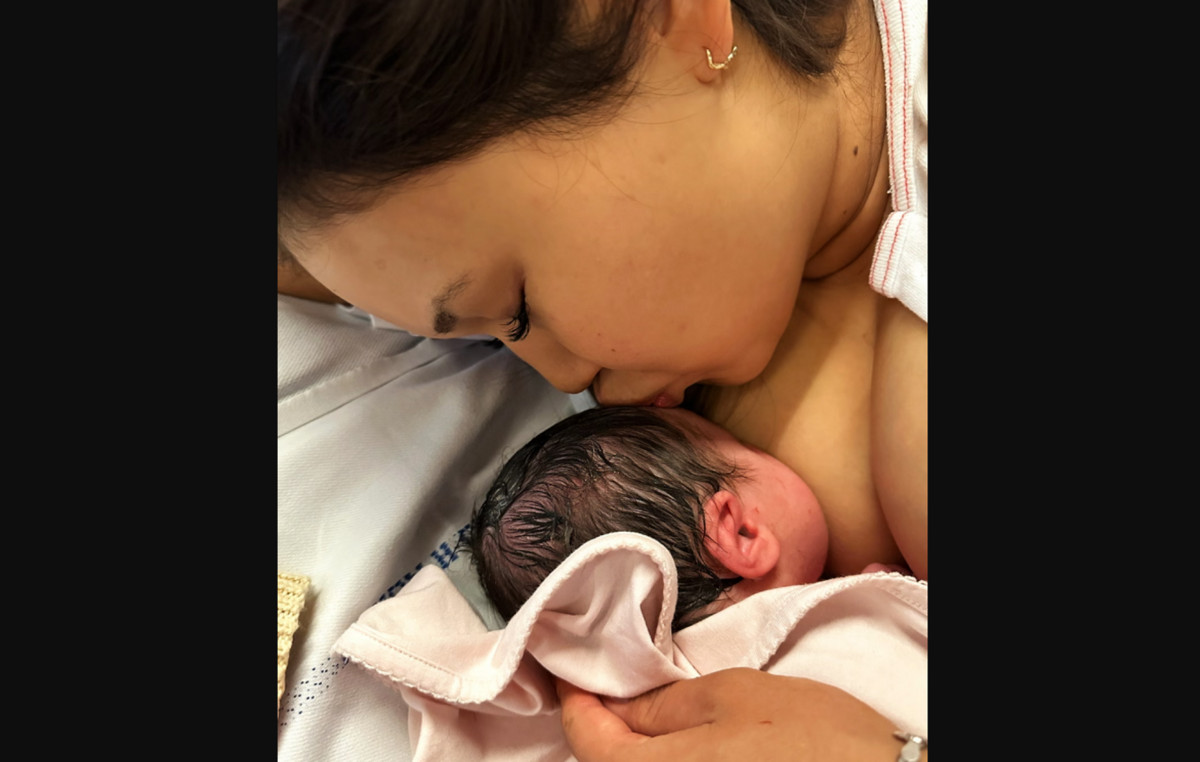The day April 1st known as the April Fools' Day , is marked by pranks and pranks on social media and in work, school and college environments. After all, the date is part of Brazilian culture. However, when it comes to health, care must be taken with fake news that are spread across the internet — often beyond April 1st —, mainly with regard to dengue .
PAHO (Pan American Health Organization) authorities warned, on Thursday (28), that the dengue outbreak in the Americas could be the worst ever recorded, especially in countries such as Brazil, Argentina and Paraguay. Here, more than 800 deaths and 2 million confirmed cases have already been recorded.
Given this scenario, it is It is essential to be correctly informed about the disease . Therefore, the CNN listed 8 lies that are perpetuated about dengue . Check out:
1. Dengue can be transmitted from one person to another
This is one of the main myths about dengue. The only way of transmitting the virus that causes dengue fever is through mosquito bites. Aedes aegypti. But to do this, the mosquito must be contaminated, that is, it must bite a person already infected with one of the four serotypes of the dengue virus (DENV-1, DENV-2, DENV-3 or DENV-4) to transmit the disease to another person. Transmission from one individual to another is not possible.
2. Avoiding standing water is the only way to prevent dengue fever
Avoiding dengue outbreaks, such as the accumulation of stagnant water in water tanks, reservoirs and other containers, is just one way of mosquito proliferation Aedes aegypti. To prevent the disease, the area must also be cleaned frequently, as the eggs laid by the mosquito can remain in a dormant state for up to a year, and may hatch when the area has accumulated water again.
Furthermore, the dengue vaccine is also an effective way to prevent the disease. Find out who can take the vaccine through the SUS (Unified Health System).
3. There are no cases of dengue fever in winter
It is true that the proliferation of Aedes aegypti is more common in the warmer seasons of the year, but it can also circulate and bite a person in winter . Furthermore, if there is a rise in temperature and rainy days during the winter, the larva, which could be in a state of hibernation, can hatch and restart the contamination cycle.
4. Using air conditioning or a fan prevents dengue mosquito bites
This is also one of the main myths about dengue. These devices can inhibit mosquito activity by reducing the temperature of the area, making it difficult to detect a possible bite victim. However, this measure does not prevent it from remaining in the environment or from biting a person at another time.
5. Homemade repellents help with prevention
Among the main fake news spread about dengue are supposed “homemade repellents ” — such as citronella, lavender or tea tree — can help prevent mosquito bites. However, experts consulted by the CNN claim that These methods are not proven effective and, therefore, should be avoided.
Because they are made domestically, these repellents are not previously tested and, therefore, it is not possible to say that they work to prevent mosquito bites. The recommendation is to use industrial repellents with one of the three substances: IR3535; DEET (NN-diethylmetatoluamide) and Icaridin.
6. Taking complex B helps prevent dengue fever
Still on home methods of preventing dengue fever, the complex B is among the main myths about dengue . There is no scientific evidence that B-complex vitamins are effective in preventing mosquito bites. Aedes.
“In the 60s and 70s, there was a hypothesis that taking vitamin B daily would be effective in repelling mosquito bites. Later, this fell apart due to two scientific studies that showed that vitamin B did not have this effect”, says Mirian Dal Ben, infectious disease specialist at Hospital Sírio-Libanês, in an article previously published in CNN .
7. Coffee grounds help fight Aedes aegypti
There is a lot of talk about using coffee grounds in plant water to prevent and combat mosquito eggs. Aedes aegyptibut this is another lie. There is no scientific proof of the effectiveness of coffee grounds in plant water nor on earth in the fight against mosquitoes.
In fact, it has already been verified that the larva Aedes aegypti can develop in water dirty with coffee grounds. Therefore, the best way to prevent mosquitoes from spreading in plant pots is to place sand in the pot plates to eliminate water accumulation. Proper hygiene with soap and water is also an important practice in the fight against dengue.
8. Mosquito larvae only develop in clean water
Mosquito eggs can also develop in dirty, stagnant water. Therefore, the main way to prevent dengue is to eliminate any source of accumulated and stagnant water, whether clean or dirty. That includes:
- Water tanks;
- Soda caps and bottles;
- Uncapped plastic bottles;
- Drains and sinks;
- Pet drinking fountains;
- Old tires;
- Gutters;
- Flowerpot;
- Open garbage bags;
- Uncovered swimming pools without adequate treatment.
Source: CNN Brasil
I am an experienced journalist and writer with a career in the news industry. My focus is on covering Top News stories for World Stock Market, where I provide comprehensive analysis and commentary on markets around the world. I have expertise in writing both long-form articles and shorter pieces that deliver timely, relevant updates to readers.







